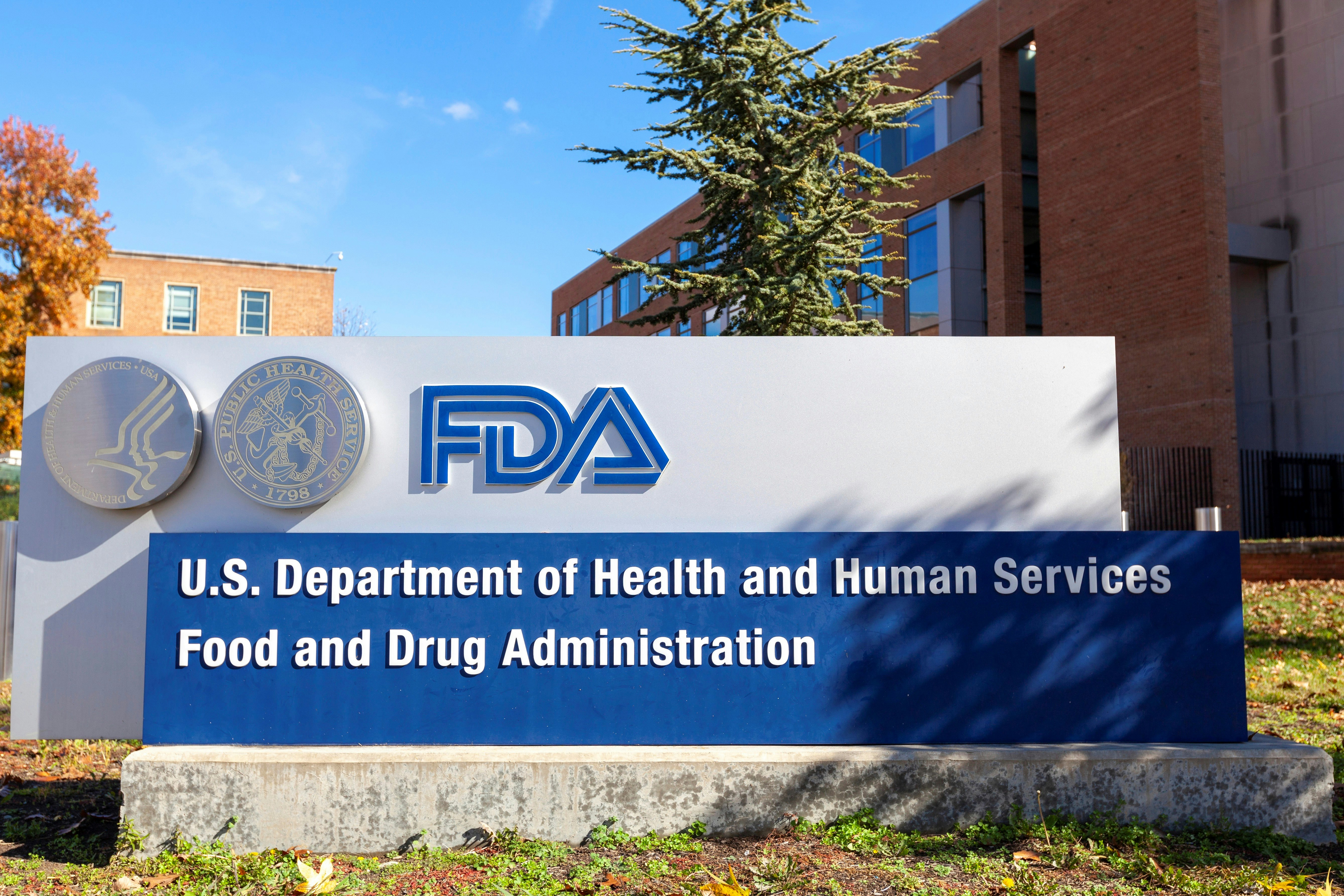FDA removes safety restrictions on some CAR-T cancer therapies

Elimination of Risk Evaluation and Mitigation Strategies (REMS) is based on physicians and institutional experience with managing these therapies and potential side-effects
In a policy shift that aims to reduce provider burden and improve patient access to cutting-edge cancer treatments, the U.S. Food and Drug Administration (FDA) announced it has eliminated REMS for six approved CAR T-cell immunotherapies used to treat blood cancers.
The decision removes the requirements for the following class of CD19- and BCMA-directed autologous CAR-T cell therapies:
Drug | Diagnosis | Original BLA | Company |
Relapsed or refractory multiple myeloma | 3/26/21 | BMS [Celgene] | |
Relapsed or refractory large B-cell lymphoma | 2/5/21 | BMS [Juno] | |
Relapsed or refractory multiple myeloma | 2/28/22 | Janssen Biotech | |
B-cell precursor acute lymphoblastic leukemia (ALL) | 8/30/17 | Novartis | |
Relapsed/refractory mantle cell lymphoma (MCL) | 7/24/20 | Gilead [Kite] | |
Relapsed or refractory large B-cell lymphoma | 10/18/17 | Gilead [Kite] |
The FDA’s Vinay Prasad, MD, chief medical and scientific officer and director of the Center for Biologics Evaluation and Research, said in the release, “Eliminating the REMS that is no longer needed also expedites the delivery of potentially curative treatments to patients and reduces burden on providers.”
FDA can require a REMS for prescription drugs and biologics if the agency determines it is necessary to ensure that the benefits of the medication outweigh the risks. It involves manufacturers developing and implementing these plans to mitigate the risks and comply.
In these cases, specifically, hospitals administering these treatments required special certification and immediate access to the medication tocilizumab to manage potential side effects.
Improve patient access
In addition, BMS noted in a separate statement that it will be able to reduce patient driving restrictions from eight weeks to two weeks post treatment, and reduce the requirement to stay within proximity of a healthcare facility following infusion from four weeks to two weeks.
Richard Pazdur, MD, FDA Oncology Center of Excellence director, said in the FDA press release: “Physicians and institutions now have greater experience identifying and managing toxicities with the currently approved CAR-T products. This approach will potentially facilitate patient access to these treatments while continuing to prioritize safety.”
BMS noted in its release only about two in 10 eligible patients receive these drugs due to the confluence of complex logistical and geographic barriers affecting patients and providers.
BMS will work with more than 150 treatment centers currently approved to administer its drugs Breyanzi and Abecma to remove the REMS programs. In addition, it plans to rapidly expand the geographic footprint of cell therapy, adding community cancer centers nationwide, and to help patients reduce travel time and duration of stay away from home, family, and work.
The company also pointed out that more than 30,000 patients have been treated with CAR-T cell therapy. BMS presented earlier at the ASCO Annual Meeting, showing that the vast majority of serious adverse events occur within the first two weeks of infusion.
The FDA emphasized that safety information will still be conveyed through product labeling, which includes boxed warnings about risks such as cytokine release syndrome and neurological toxicities. Patients will continue to receive medication guides detailing these concerns.
Header image: @ grandbrothers